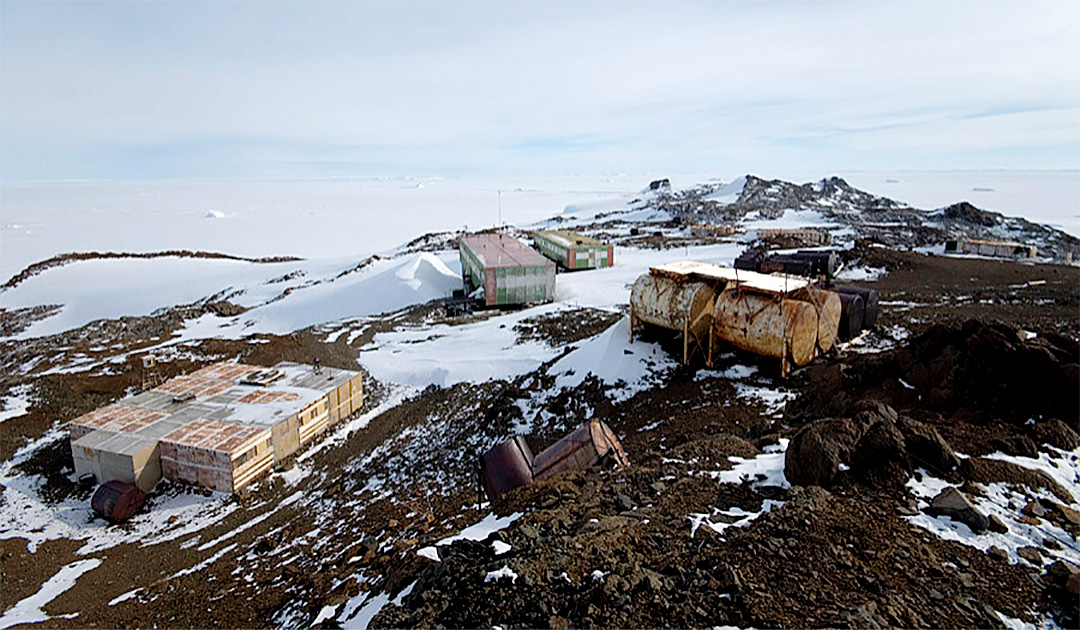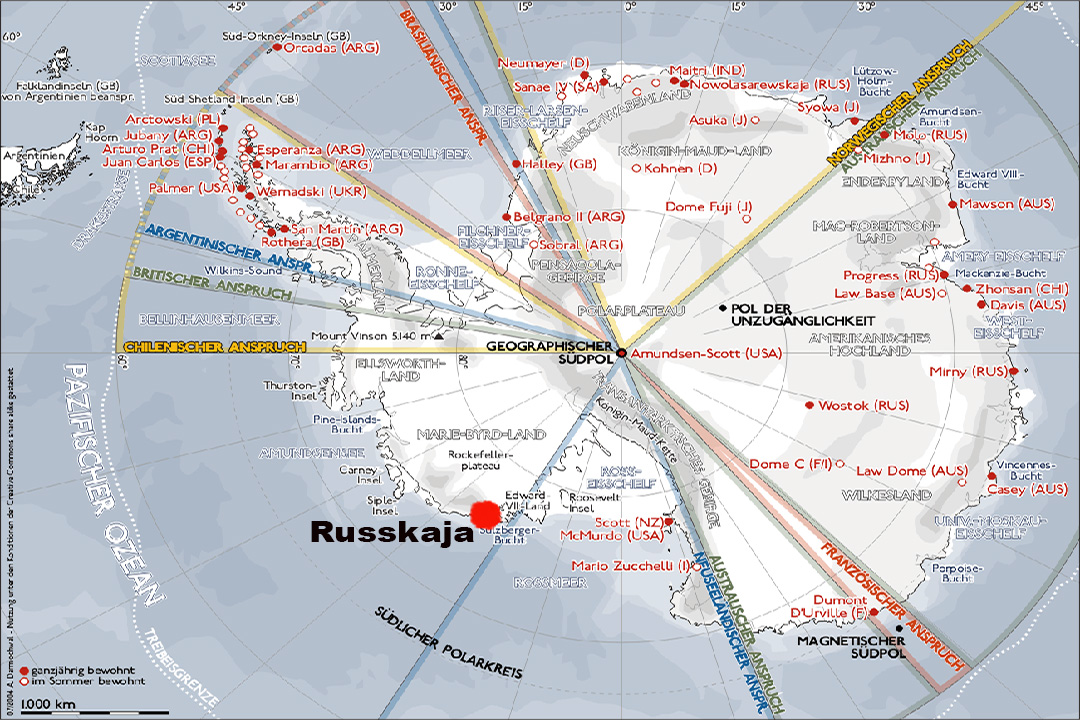
Asian researchers refer to the fact that a Japanese expedition led by Nobu Shirase visited West Antarctica in 1911-1912 with the three-master “Kainan Maru”. Therefore, the Japanese want to claim Mary Byrd Land and Ellsworth Land, between 80 degrees and 150 degrees west longitude. degrees west longitude. Large gas deposits were discovered here in 2012. This is reported by the Russian REN TV with reference to a report by the Japanese National Institute for Polar Research (NIPR). At the same time, the Japanese do not seem to remember that the coasts of Mary Byrd Land and Ellsworth Land had been discovered almost a hundred years earlier, in 1820, by Russian navigators, Admirals Thaddeus Bellinghausen and Mikhail Lazarev.
The National Institute for Polar Research had published four reports so far in July 2021 outlining Tokyo’s view that Japan should be among the countries likely to exploit sub-surface oil and natural gas resources in Antarctica once the current treaty regime expires or is amended.

One of the points of contention is the Russian Antarctic station “Russkaya”, which is located on the coast of Mary Byrd Land. The “Russkaya” station was designed as a summer station and provided space for 10 researchers and technicians. The station has already been declared “illegal” in Tokyo. The explosive aspect is that the Russian research station, which was opened on 9 March 1980, was officially abandoned in 1990.
This is not the first time claims have been made. In 1939, Japan officially declared its rights to the territory in Antarctica. Tokyo, however, relinquished rights to any part of Antarctica under the 1951 San Francisco Peace Treaty.
Experts believe Tokyo’s claims should not be taken seriously because no state owns land in Antarctica. This is regulated by the International Antarctic Treaty of 1959. Japan has also signed this document.

The demand has caused outrage in Moscow. Russian comments have called the NIPR proposals a threat to Russian rights in Antarctica. In general, Moscow sees all this as a new move on the geopolitical chessboard to put pressure on them to sign a peace treaty with Tokyo and return the Kuril Islands, a point of contention that has overshadowed relations between the two countries since the end of World War II and has so far prevented the signing of a final and formal peace treaty.
Heiner Kubny, PolarJournal





